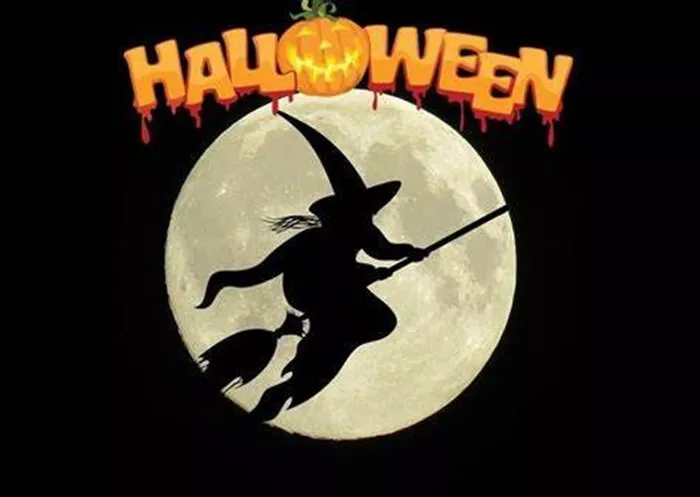Halloween, celebrated on October 31 each year, is one of the most widely recognized holidays in the United States. With its rich history, cultural significance, and fun-filled traditions, it stands as a festive occasion for people of all ages. However, despite its popularity, Halloween is not classified as a federal holiday in the United States. Is halloween a federal holiday? This article will explore the reasons behind this classification, its impact on businesses and workers, and why many people still treat Halloween like a holiday in their daily lives.
What Is a Federal Holiday?
In order to understand whether Halloween is a federal holiday, it’s important to first understand what a federal holiday actually is. A federal holiday is a day when the United States government recognizes as an official day of observance. Federal holidays are designated by Congress and are often associated with historical events, cultural celebrations, or national importance. These holidays typically grant employees time off from work, and they affect government offices, schools, and many businesses.
The Significance of Halloween
Halloween has deep roots in history. Originally, the holiday evolved from the ancient Celtic festival of Samhain, which marked the end of the harvest season and the beginning of winter. Over the centuries, Halloween morphed into the event we recognize today, with its costume parties, trick-or-treating, haunted houses, and spooky themes. Despite its long history and widespread celebration, Halloween has not been recognized as a federal holiday, even though it is one of the most commercialized holidays in the United States.
Why Is Halloween Not a Federal Holiday?
There are several reasons why Halloween has not been made a federal holiday, even though it is widely celebrated. One major reason is that Halloween is not tied to any specific historical or political event that would warrant national observance. Many federal holidays, such as Independence Day or Memorial Day, have deep political, military, or cultural significance, often related to the founding of the country or key moments in U.S. history. Halloween, on the other hand, is largely a cultural and commercial event, not tied to a major historical event.
Another factor is that Halloween is seen as a holiday for individuals, families, and communities to celebrate in their own ways. Unlike federal holidays that often encourage national unity or reflection, Halloween is celebrated in diverse ways depending on local customs, personal traditions, and cultural influences. This decentralized nature may be one of the reasons it has not been recognized as a federal holiday.
Impact of Halloween Not Being a Federal Holiday
Because Halloween is not a federal holiday, it does not carry the same legal weight as official holidays like Christmas, New Year’s Day, or Labor Day. This means that businesses and government offices are generally open on October 31, and employees do not have a guaranteed day off. However, many workplaces do allow employees to take time off or dress in costumes, and some schools may hold Halloween-related activities.
For businesses, Halloween provides an excellent marketing opportunity. Many stores, restaurants, and companies capitalize on the holiday by offering Halloween-themed products, special promotions, and events. This commercial nature has helped Halloween become an economic powerhouse, despite not being an official holiday. In fact, Americans spend billions of dollars on costumes, candy, decorations, and other Halloween-related activities every year.
Halloween and Public Observance
While Halloween may not be a federal holiday, it is still widely observed in communities across the United States. Public schools often host costume contests, Halloween parties, or pumpkin carving activities. Cities and towns may also hold parades, haunted house attractions, or festivals to celebrate the holiday. Additionally, Halloween-themed events are common in workplaces, such as themed office parties or costume competitions. This widespread observance helps reinforce Halloween’s significance in American culture, even if it does not have the legal status of a federal holiday.
Global Perspective on Halloween
Halloween is not only celebrated in the United States but is also growing in popularity in many other parts of the world. Countries like Canada, the United Kingdom, Ireland, and Australia celebrate Halloween in varying degrees, often with their own unique customs and traditions. In some countries, Halloween has become more commercialized, with businesses promoting special Halloween events and sales, though it is not typically a public holiday. This international recognition further demonstrates Halloween’s importance as a global cultural event.
Conclusion
In conclusion, while Halloween is a highly celebrated occasion, it is not classified as a federal holiday in the United States. Unlike other holidays that have deep historical or national significance, Halloween’s commercial and cultural focus has kept it from receiving official recognition by the U.S. government. Nevertheless, Halloween continues to hold a special place in the hearts of millions of Americans, and it is treated as an important day for family gatherings, community events, and business promotions. Even though it is not a federal holiday, the joy and excitement that Halloween brings make it feel like one for many people.

